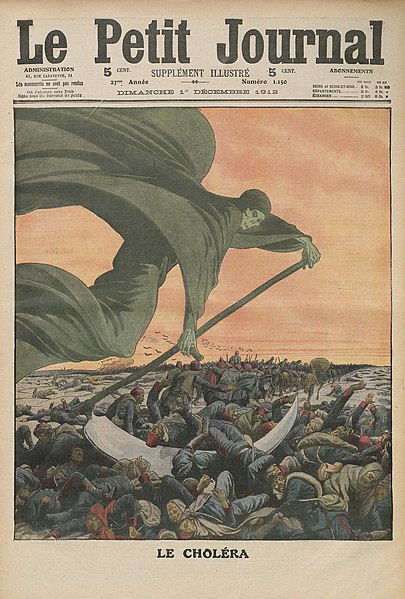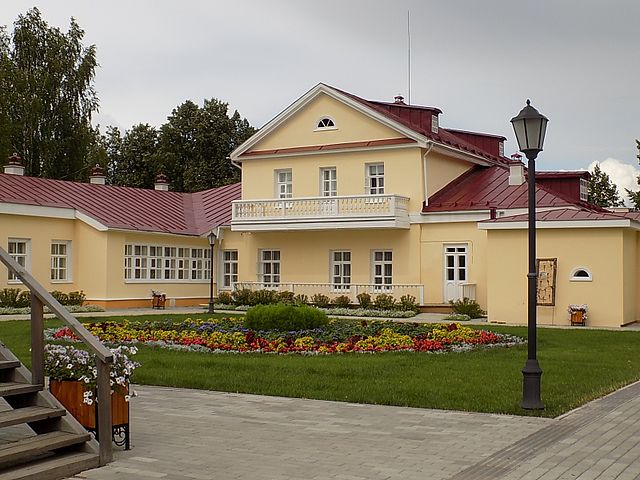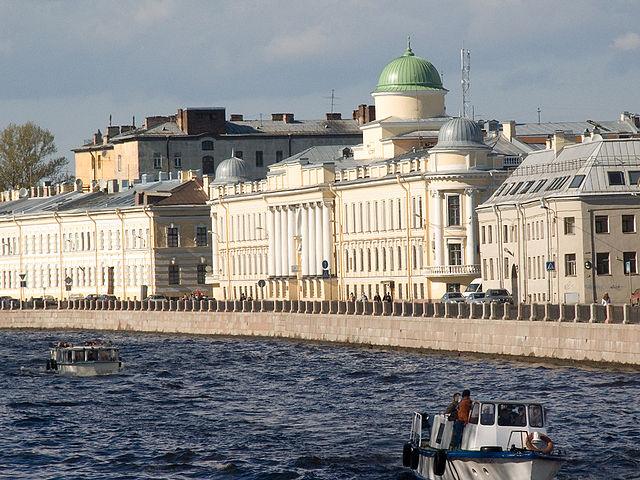Death of Pyotr Ilyich Tchaikovsky
On 6 November 1893 [O.S. 25 October], nine days after the premiere of his Sixth Symphony, the Pathétique, Pyotr Ilyich Tchaikovsky died in Saint Petersburg, at the age of 53. The official cause of death was reported to be cholera, most probably contracted through drinking contaminated water several days earlier. This explanation was accepted by many biographers of the composer. However, even at the time of Tchaikovsky's death, there were many questions about this diagnosis.
Tchaikovsky's tomb at the Alexander Nevsky Monastery
One of the last photos of Pyotr Ilyich Tchaikovsky.
Nikolai Rimsky-Korsakov thought the proceedings immediately following Tchaikovsky's death to be strange for a victim of cholera.
Drawing of Death bringing the cholera, in Le Petit Journal.
Pyotr Ilyich Tchaikovsky was a Russian composer during the Romantic period. He was the first Russian composer whose music would make a lasting impression internationally. Tchaikovsky wrote some of the most popular concert and theatrical music in the current classical repertoire, including the ballets Swan Lake and The Nutcracker, the 1812 Overture, his First Piano Concerto, Violin Concerto, the Romeo and Juliet Overture-Fantasy, several symphonies, and the opera Eugene Onegin.
Tchaikovsky, c. 1888
Tchaikovsky's birthplace in 1840 in Votkinsk, Russia, now a museum
The Tchaikovsky family in 1848. Left to right: Pyotr, Alexandra Andreyevna (mother), Alexandra (sister), Zinaida, Nikolai, Ippolit, Ilya Petrovich (father)
In 1850, at about ten years of age, Tchaikovsky entered the Imperial School of Jurisprudence in Saint Petersburg








